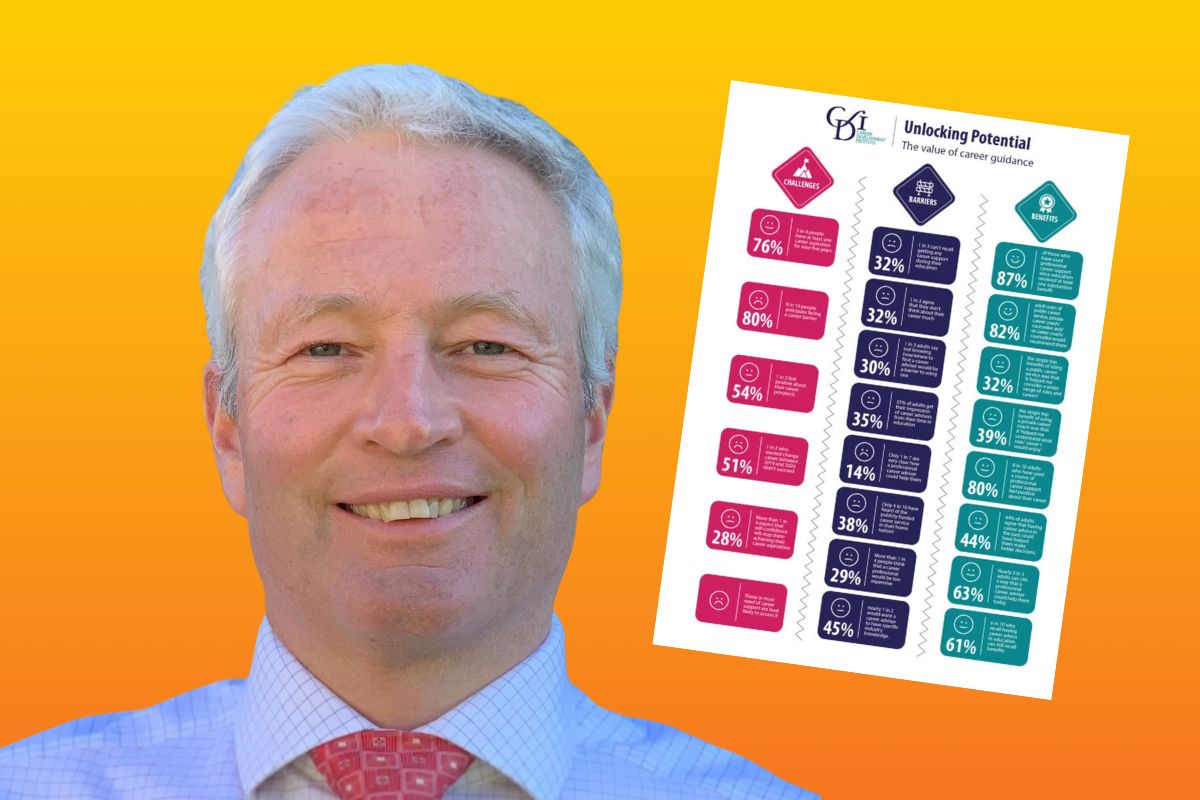What a twelfth-century Abbot can teach modern college leaders about the value of compassion

When looking for models of leadership to emulate, college leaders and managers will often look to the worlds of politics, sport, and warfare. Figures such as Barack Obama, Alex Ferguson, and George S. Patton are commonly studied for their qualities of charisma, persistence, and courage. Yet there is another virtue that ought to be emulated more in the world of Further Education: compassion.
Compassion is a Virtue…
While many would agree that compassion is a virtue, not so many would connect it with the qualities of leadership. In fact, compassion might seem to contradict the more commonly venerated virtues of decisiveness, confidence, and vision expected of leaders. Yet, there is a man who demonstrates the importance of compassion as a foundation to effective leadership, and he can be found in an unlikely place.
Aelred of Rievaulx served as the abbot of the Cistercian monastery at Riveaulx, in North Yorkshire, for twenty years during the twelfth century. In an era lacking the formal educational institutions we would recognise today, religious communities such as Rievaulx served as seats of teaching and learning for their surrounding area.
Under Aelred’s leadership Rievaulx more than doubled in size, experiencing an unprecedented period of growth and success that would never again be equalled in its more-than-four-hundred-year history. Living in accordance with the Rule of Saint Benedict, Cistercian monks were expected pursue a life of severe simplicity: rising early, eating plainly, and working dutifully. As the Abbot responsible for strictly enforcing this austerity amongst his brother monks, Aelred is perhaps the last person one might expect to evince compassion in his leadership. Yet this is precisely the quality that Aelred sought most to model.
In his guide for novice monks, the Mirror of Charity, Aelred advises his brothers to act with ‘humble compassion’ when working with their juniors. He uses the word ‘love’ almost 200 times to describe how members of the community should act to their work and each other. He describes the joy that this culture of love and compassion had fostered within him and his brothers:
‘I found no-one whom I did not love, and no-one by whom, I felt sure, I was not loved. I felt such joy that it surpassed all the delights of the world.’
– The Mirror of Charity, Aelfred of Rievaulx
Walter Daniel, Aelred’s brother at Rievaulx, describes the impact this love had on the community at Rievaulx. Besides simply doubling in size under Aelred’s leadership, Rievaulx became a refuge for aspiring monks who had previously ‘dropped out of’ monastic life in other settings. When one brother expressed his desire to leave the community as he did not believe he was cut out for the harsh simplicity of monastic life, Aelred not only offered to make accommodations to help ease this brother’s life, but even swore to take on even greater austerities himself to account for any laxness allowed this brother. It is as a result of this culture of kindness that, according to Daniel:
‘Monks in need of mercy and compassion flocked to Rievaulx from foreign peoples and from the far ends of the earth … And so those wanderers in the world to whom no house of religion gave entrance, came to Rievaulx, the mother of mercy, and found the gates open.’
– The Life of Aelred of Rievaulx, Walter Daniel
An ‘abode of perfect love’
The result of this was that Aelred turned Rievaulx into an ‘abode of perfect love’, a ‘stronghold’ of kindness and compassion, and a space in which anyone, weak or strong, could come and fulfil their potential.
While any leader would be thrilled by Aelred’s record of doubling the size of his organisation, his example shows that there is more to leadership than growth. Aelred’s model of compassion speaks to the wider purpose of colleges. We are not just businesses. We are the place where people, teachers and learners, come to enter a new chapter of their lives. We are spaces of personal growth and rejuvenation. We offer the opportunity for people to learn, model, and share the joy of their vocation. Perhaps, following Aelred’s model, we could become spaces of love and compassion as well.
Gary F. Fisher is the University of Derby’s Senior Learning Designer, where he manages a team of teaching and learning specialists who work to improve the quality of education offered across the university. Prior to this he has worked and taught in a variety of Further, Higher, Rehabilitative, and Heritage Education contexts. He completed his doctorate in classics at the University of Nottingham in 2020 and actively researches and publishes on a variety of subjects, ranging from the history of classical education to blended learning and the philosophy of educational technology in modern higher and further education.












Responses